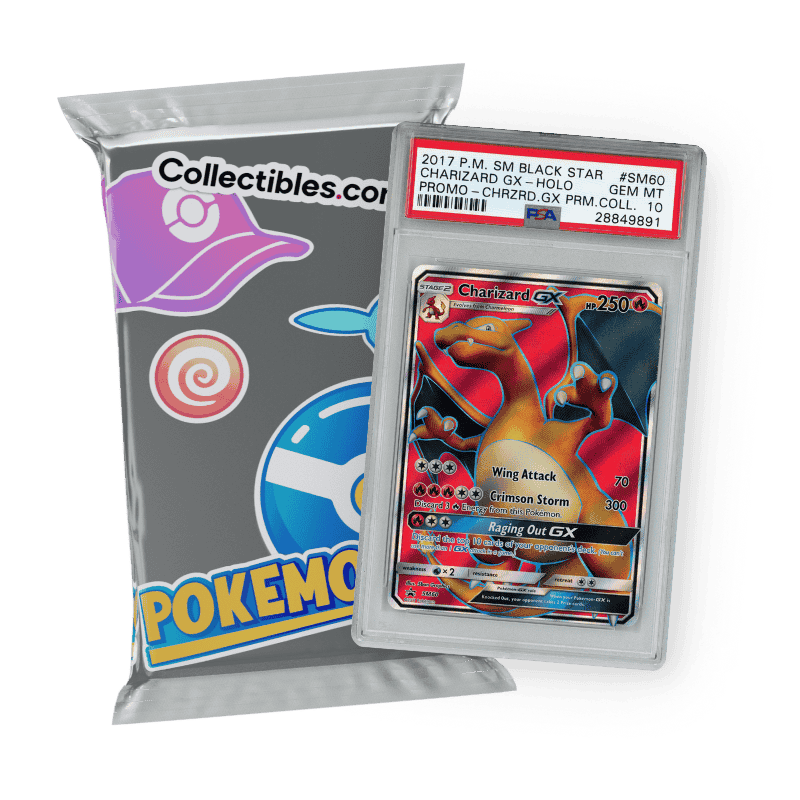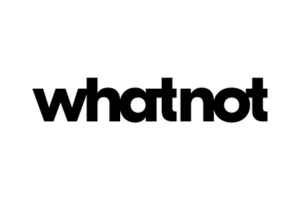
Leaf Sues Panini Over Prizm Brand
Here at Law of Cards, we try to keep the drab world of litigation light and funny. With that, let's try some jokes!
Q. What happens when you cut a prism in half?
A. All the prismers escape!
That’s pretty bad. Let's try another:
Q. Where does bad light end up?
A. In prism.
Ok, equally bad. How about this one?
Q. What do you call it when you have a breakthrough product called Prizm, but someone else claims to have a trademark that beats your use?
A. Leaf Trading Cards v. Panini.
Last Friday, Leaf sued Panini for unfair competition and trademark infringement. The suit alleges that Panini’s new PRIZM product infringes Leaf’s older PRISMATIC trademark.
According to the complaint, Leaf started using the PRISMATIC mark in 2011 for "trading cards that have a metal appearance and refract light" and that are "bright and glossy, and have a reflective, 3-dimsenional appearance."
Panini on the other hand, released PRIZM in late-2012, and appears to have angered Leaf because, allegedly, the "look and feel of Panini's PRIZM product is nearly identical to the Leaf PRISMATIC product in terms of name and appearance." Worse, Leaf has claimed Panini's literature uses the term "prismatic" in reference to Panini's PRIZM product.
In its complaint, Leaf provided an example that summarizes both sides' positions well.
Leaf noted in a February 6 blog, Panini stated its Select Basketball product would include "profoundly Prizmatic on-card autographs." Leaf has called this usage out because it occurred a week after Leaf sent a cease-and-desist letter to Panini about its PRISMATIC mark. Allegedly (and probably in view of the cease-and-desist letter), Panini later replaced the "Prizmatic" language in the post, and it now reads "on-card Prizm-technology."
Legal translation of both sides' position from this example: Leaf wants Panini to stop using both PRIZM and PRIZMATIC (or anything similar). Panini, however, thinks the claim against PRIZM is weak (it's still using the PRIZM name for its product). But, maybe, it'll stop using PRIZMATIC because that could be a closer issue.
Finally, in the complaint Leaf claimed it brought the suit because products associated with the mark PRISMATIC "are now recognized by the public and the trading card community as originating from a single source, namely, Leaf." Basically, Leaf alleged Panini's PRIZM is getting a free ride on the good will Leaf created for the PRISMATIC mark.
So, here we have yet another battle over who can use a specific word in association with trading cards. It's very similar to the upcoming LIMITED battle and the CHROME battle between Panini and Topps.
The hidden joke here is that most people believe Panini first wanted to name its Prizm product Chromium. However, that CHROME legal spat with Topps resulted in a name change.
It's too early to determine who will win this suit, because there really are two distinct claims. First, does Panini's use of "prismatic" infringe Leaf's PRISMATIC mark? Second, does Panini's PRIZM mark infringe Leaf's PRISMATIC mark?
The fight in the case will be about how strong PRISMATIC is as a mark. The beginning of that analysis will be what type of mark is PRISMATIC? Descriptive, suggestive or arbitrary?
Legal translation: Descriptive means the mark just describes the product. These types of marks are generally weak. Suggestive means the mark hints at the qualities of the product, rather than describes them. Arbitrary means the mark has nothing to do with the product. Suggestive and arbitrary marks are stronger than descriptive marks.
Panini will argue that PRISMATIC just describes how the card looks, which makes it a weaker trademark. If Panini succeeds, then Leaf will need to prove the mark has secondary meaning (legal translation – basically, when consumers hear "PRISMATIC" their first thought is "Leaf.").
Leaf will argue that PRISMATIC is either suggestive or is arbitrary. If Leaf can prove this, then it will be under less pressure to show secondary meaning.
Both sides' analyses will be expert intensive (legal translation: expensive). I'm sure while they are doing that, they'll both commission consumer surveys to determine whether consumers are confused as to whose products PRISMATIC, PRIZM or PRIZMATIC refers to. That's expensive, too. In addition, Panini has a PRIZM trademark pending at the Patent Office. I suspect Leaf might file an opposition there, which will escalate the battle. That's even more expensive.
In the complaint, Leaf has asked to eliminate Panini's use of the PRIZM. If Leaf succeeds, Panini will need to rebrand. That's expensive. However, to get that far in the case, Leaf will have to pay a lot of money.
Given how expensive this case could be and how much money the terms PRIZM and PRISMATIC actually make both companies, I except this case should probably settle within six to nine months.
In view of the future LIMITED action, I suspect some of the motivation in Leaf's filing might involve horse-trading. Maybe Leaf will say, "Hey Panini, I'll give you a pass on PRIZM, if you give me a pass on LIMITED."
We'll have to wait and find out.
Here's a copy of Leaf's complaint.
The information provided in Paul Lesko's "Law of Cards" column is not intended to be legal advice, but merely conveys general information related to legal issues commonly encountered in the sports industry. This information is not intended to create any legal relationship between Paul Lesko, the Simmons Browder Gianaris Angelides & Barnerd LLC or any attorney and the user. Neither the transmission nor receipt of these website materials will create an attorney-client relationship between the author and the readers.
The views expressed in the "Law of Cards" column are solely those of the author and are not affiliated with the Simmons Law Firm. You should not act or rely on any information in the "Law of Cards" column without seeking the advice of an attorney. The determination of whether you need legal services and your choice of a lawyer are very important matters that should not be based on websites or advertisements.
 | Making purchases through affiliate links can earn the site a commission |
































